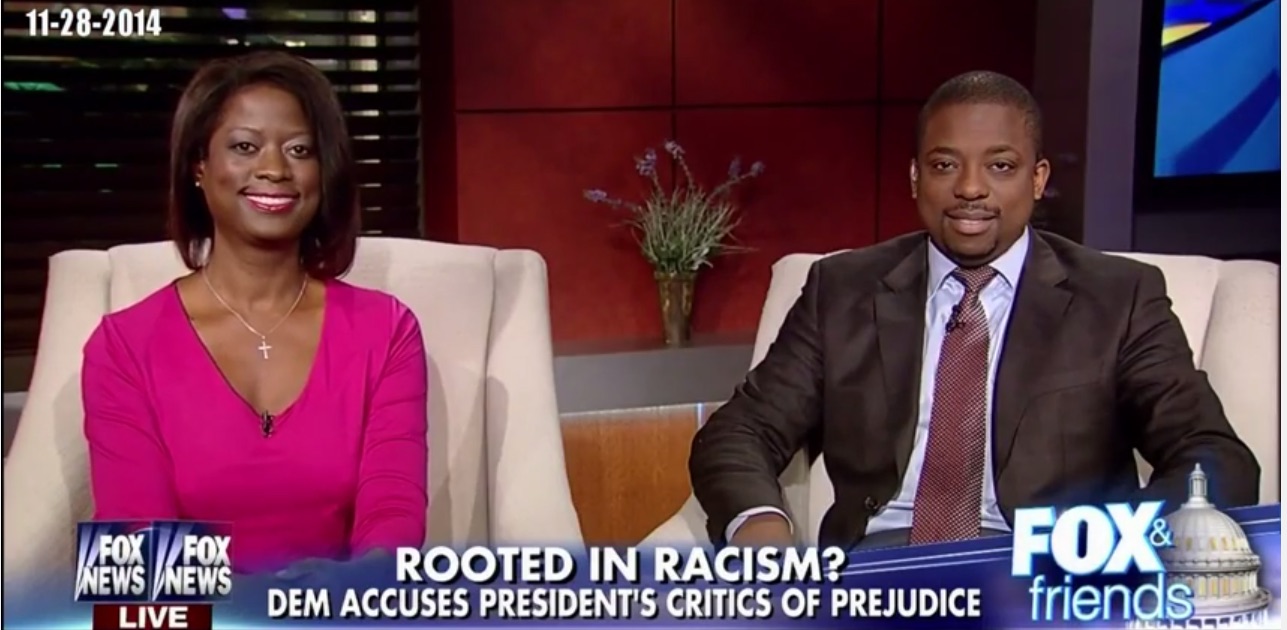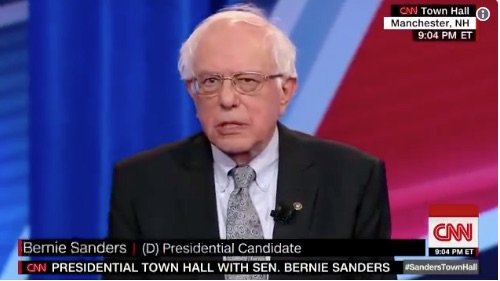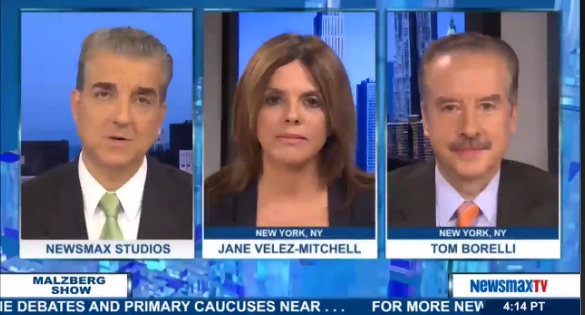Lunch Break Read: Is Reform Conservatism a Friend or Foe of Limited Government?

There is a new buzz phrase popping up in the GOP that could redraw the battle lines in the presidential primary: “reform conservatism.” Those subscribing to the philosophy (nicknamed “reformocons”) focus on strengthening families and communities, while taking a more populist opinion on welfare reform.
Reason has put together an intellectual round table of political and philosophical thought leaders who have strong opinions on reform conservatism, and how its ideas will translate to actual policy. The debate makes for a fascinating peak into the future of the GOP, and what the party’s tone of voice may sound like going into the 2016 election cycle.
Ideas have consequences and a recent idea that is already generating major consequences in the political world is “reform conservatism.” It is barely out of the womb and it is spawning serious policy proposals such as the Rubio-Lee tax reform bill (that I’ve written about here and here). Conceived by some of the nation’s most prominent conservatives, reform conservatism is an ambitious undertaking that seeks to simultaneously advance an array of electoral, political, and social aims.
Its primary electoral aim is to apply the lesson of Mitt Romney’s 2012 “shellacking” to help the GOP once again become the majority party. And as far as it’s concerned, that lesson is not that the GOP needs first and foremost to stop the stampede of Hispanic and other minority voters to the Democratic Party as conventional analyses suggest. It is that the GOP has to stop coming across as the rich guy’s party that is in the pay of corporations and out of touch with the great American middle class, which is being itself “shellacked” by the forces of globalization. The GOP’s central problem is to craft a pro-middle class agenda. And this requires a major rebranding of the party with an unabashedly populist message on fiscal/tax, economic, and social policy.
Reformocons’—as the adherents of this movement like to be called—main political goal is to wrest control of the welfare state from liberals and recast it to advance conservative values and constituencies. This, they say, requires not railing against the welfare state—as Republicans have been prone to doing—but reforming it from the inside.
And their fundamental social objective is to strengthen families and communities whose decline, they believe, is America’s number one problem. Every healthy society needs intact families and functioning communities—or what reformocons call “mediating institutions”—especially one that wants to stay free rather than degenerate into despotism or anarchy.
But the question for libertarians, of course, is whether these three goals can be accomplished while staying true to America’s core commitment to limited government?






